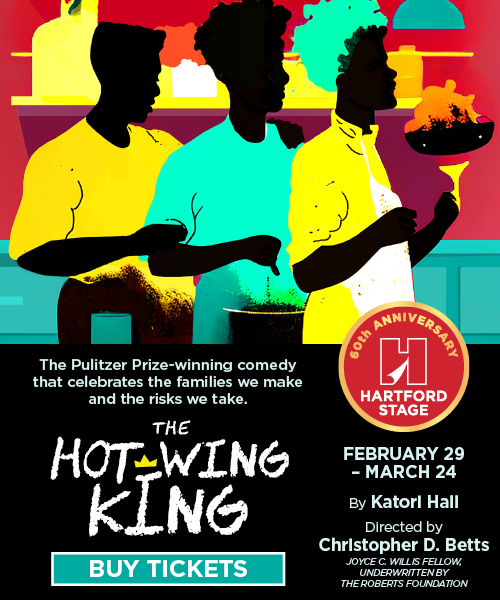By Tanisha Arena
What does it mean to be a black woman in the LGBTQ community and what does it mean to be a lesbian in the black community? What happens in the place were these two identities meet? At the corner of Black and Lesbian. Being black and a lesbian, those two identities intertwine and make me who I am.
The experience of being a black lesbian is heavy at times. My blackness shapes the experience of any other identity I may have. While I love the skin I am in, this body of mine is filled with the essence of black girl magic, I know that as a black woman I have experienced sexism and racism. When I am navigating spaces that are filled with other black women, I sometimes have the feeling of other because, although I am a black woman, who I love is different than the majority of women in those spaces.
So even though we connect in our blackness, we get lost in the rest of the translation of our identities. I am a woman, more masculine identified, so I am usually the only woman in a room wearing slacks, a dress shirt and tie. In those spaces, I feel like I don’t fit as the cultural definition of a black woman or even the image I have in my own head. I think of grandmothers and aunties, goddesses, the divine feminine. Images that really do not allow me to see myself there.
Being a lesbian in the black community among other black lesbians is where I have felt connection and acceptance in the experience of being black while being a lesbian. It’s about more than just being black women. We are black women who love women. We can honor the women that came before us, who oftentimes loved in secret, while celebrating the ways we can love out loud and in the open.
Being a lesbian in the black community has meant breaking down barriers at home, addressing homophobia and misconceptions my own family held about what it means to be black and a lesbian. It has meant grappling with feelings of guilt about not loving black men. At least not in that way. It meant accepting that I would never fit into the boxes laid out for me. Being a lesbian in the black community has been about being a role model for youth who had no one they could see that represented a future they could have. A woman who looked like them, was masculine like them and identified as same gender loving.
Since I came out when I was older, I had no idea just how valuable this representation was, especially as a masculine identified woman. It has meant choosing to be visible, accepting and honoring those parts of myself and finding community within my community. From faith spaces that are open and affirming, friend spaces and, fortunately, workspaces. I have been lucky enough to be able to bring my whole self to work, unapologetically black and a lesbian.
My identity as a black person supersedes all others. Being black in the LGBTQ community has not exempted me from racism. I think there is still the misconception that LGBTQ folks can’t be racist. Having one marginalized identity does not exempt you from the privilege and power of another. In our political landscape, there are white LGBTQ folks who support a racist president. Sometimes it is the silence of those we thought were friends that sounds the loudest. In the same way my blackness is first, so is whiteness. White supremacy trumps all identities. Even a queer one.
Being black in the LGBTQ community can mean a disconnect from political movements and erasure. In the push for LGBTQ rights, who do we see at the forefront and who gets the credit? Marsha P. Johnson and Sylvia Rivera were women of color. Black trans women have been doing the work for years, preparing the meals and setting the table only to be pushed to the back of LGB movements. Often, the T is silent, overlooked, disrespected, and ignored. Black trans women experience the highest rates of violence than any other group. Being black in the LGBTQ community can feel akin to what it feels like being black in the United States. You’re a part of something, but not fully accepted and please don’t expect mainstream movements to consider the way your other identities shape your experience of this particular one.
On the other side of this, being black in the LGBTQ community, can feel uplifting and amazing. Sharing space with other folks who look like you and can share in the same cultural norms and experiences of being same gender loving is fulfilling beyond measure. Celebrating who we are and the ways that we show up. When I show up to the LGBTQ community, I bring my blackness with me.


